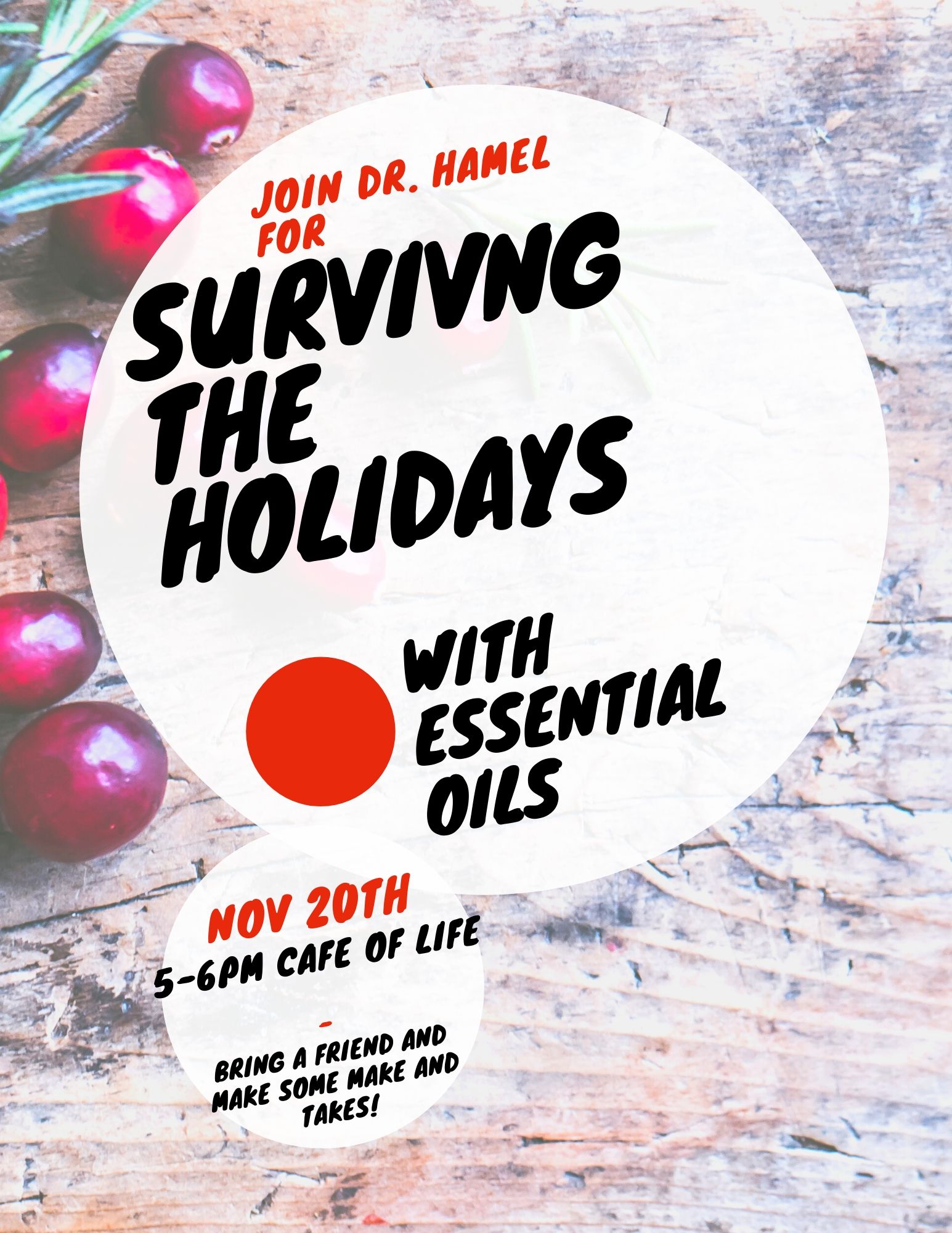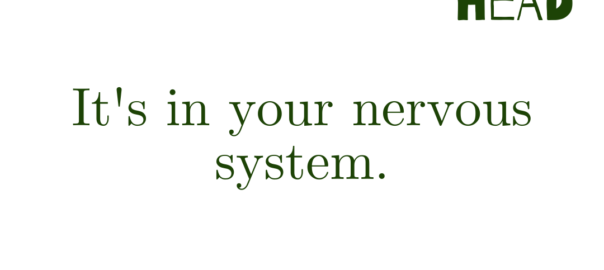Happy Monday Warriors!
It is the holiday season!!! This month we will going over various ways to help increase your body’s armor to keep the stress down. We know the holidays are a happy time where families and loved ones come together, but it can also be a time of increased stress, trying to get things done, finances, family drama, traveling, ect.
I’m hoping that by posting these tips earlier, you all will be more prepared to handle and fight it off like a superhero! We are always striving to make the body more resilient right? We will be starting off talking about stress in the nervous system, and then following up in a couple weeks with tips for nutrition, traveling and exercise to keep you on track. So stay tuned!
________________________________________________________________________________
For a start, it has been shown in research that chiropractic adjustments boost the immune system.
What happens with increased stress? Your immune system goes down. That’s why college students always experience getting sick after finals or on their breaks. Once the adrenaline wears off, the effects kick in.
January is also the month of resolutions and goals (hopefully you have goals all year:)), but regardless, maybe a certain goal is saying: you’d like to workout more or eat better, you have to make sure your body can handle it.
Just like how you would prep your notes for a presentation, or making a meal plan. You need some sort of preparation for the body.
The prep phase so to speak. In order to prep, you need to make sure your pain levels are down, and your brain and nervous system are communicating with one another. When you do this, it makes less stress on the body, so that when those periods of increased stress come, your body can handle it and not go completely off course.
Cranial work in general is an amazing tool we have to help with the stress response.
In research done specifically using cranial work for anxiety, depression and sleep, a study in 2011 testing over 100 patients, found that using cranial based osteopathy (which i do) showed improvements in anxiety, increase in physical function, significant improvement in sleep function. This is great! A main reason in this study was improving sleep, and overall physical function.
When you are able to move pain free, and sleep (deep and rested), your body can heal and isn’t burdened by the littlest of things that come its way.
Which brings me to this point. If you are in chronic pain, or aren’t sleeping, or you are already stressed, it is literally like typing into the computer all the keys at the same time. Your brain can’t handle it. Any little disruption, even a little stress can throw you off at that point.
So, our goal with the cranial care is to create that optimal environment for the brain, to stimulate the parasympathetic nervous system, and make sure the network of nerves are effectively communicating.
It’s also important to note that stress isn’t always in your HEAD, but in your NERVOUS system.
This biological response is clearly beyond the ability to rationally control. You can’t think your way out of it.
Chronic stress leads to dissociation or immobility, a state of sympathetic charge and hormonal release, which is health damaging. The brainstem (the primitive part of the brain) governs emotional experience and biological response. When the brainstem is activated by fight or flight, it trumps the more developed front of the brain, the prefrontal cortex. It is therefore not possible to be in the primitive state of fight or flight and also to think rationally and critically (as the prefrontal cortex would have us do).
The work is then to re-train the body. These are tools to deactivate the sympathetic response and activate the opposing parasympathetic response, called the rest and digest mechanism. The goal is to feel safe. To regulate breathing, slow the heartbeat, and circulate blood back to the vital organs.
The next time someone suggests it’s all in your head, you will have a different response. ”
-Melody Walford.
Re-training the body through calming certain nerves down or reflexes or while stimulating others like the parasympathetic nerves in the brain is key here. You need the nervous system to RECOGNIZE the problems and course correct.
We need to clear the stress out of the nervous system first!! This will prep the body to be able to handle things that come up!
A lot of people don’t think much about the nervous system. But, the nervous system controls EVERYTHING! It is isn’t working or mis-firing, it will cause problems in your entire body.
Nerves have memory. Sometimes just breathing, using products, meditating, exercise isn’t enough to de-stress your body. The reason lies within your nervous system.
___________________________________________________________________________
BONUS TIPS:
Here are some tips to help you get out of a specific mindset:
1. Be Realistic. The holidays don’t have to be perfect . As families change and grow, traditions and rituals often change as well. Choose a few to hold on to, and be open to creating new ones. For example, if your adult children can’t come to your house, find new ways to celebrate together, such as sharing pictures, emails or videos.
2. Set aside differences that may be in the family. Try to accept family members and friends as they are, even if they don’t live up to all of your expectations. Set aside grievances until a more appropriate time for discussion. And be understanding if others get upset or distressed when something goes awry. Chances are they’re feeling the effects of holiday stress and depression too.
3. Stick to a budget! Before you go gift and food shopping, decide how much money you can afford to spend. Then stick to your budget. Don’t try to buy happiness with an avalanche of gifts.
Try these alternatives:
- Donate to a charity in someone’s name.
- Give homemade gifts.
- Start a family gift exchange.
4. Plan ahead. Set aside specific days for shopping, baking, visiting friends and other activities. Plan your menus and then make your shopping list. That’ll help prevent last-minute scrambling to buy forgotten ingredients. And make sure to line up help for party prep and cleanup. Goal setting is HUGE!!
Don’t try to make HUGE yearly goals or set new goals to try to get done in December. Set your goals for earlier in the year to celebrate during the holidays!
5. Learn to say no. Saying yes when you should say no can leave you feeling resentful and overwhelmed. Friends and colleagues will understand if you can’t participate in every project or activity. If it’s not possible to say no when your boss asks you to work overtime, try to remove something else from your agenda to make up for the lost time.
6. Take A Breather.. Spending just 15 minutes alone, without distractions, may refresh you enough to handle everything you need to do. Find something that reduces stress by clearing your mind, slowing your breathing and restoring inner calm.
- Some options may include:
- Taking a walk at night and stargazing.
- Listening to soothing music.
- Getting a massage or CHIRO!
- Reading a book.
7. Neuro Emotional Technique. Come in and get some NET if you know things are going to be stressful and you already are feeling it! Let’s change that mindset so you can go into your holiday with ease! This Technique is extremely successful for stress reduction.
8. Essential Oils. Essential Oils by DoTerra are amazing to diffuse in your home to help with emotional overwhelm, to carry with you or to take as a daily supplement to help calm the system. Frankincense is a great oil for emotional stability as well as others. Come learn more in my FREE essential oils class this wednesday. SEE BELOW
We will talk about nutritional help next time!
That’s all for this week.
Wishing you a happy and healthy Thanksgiving.


